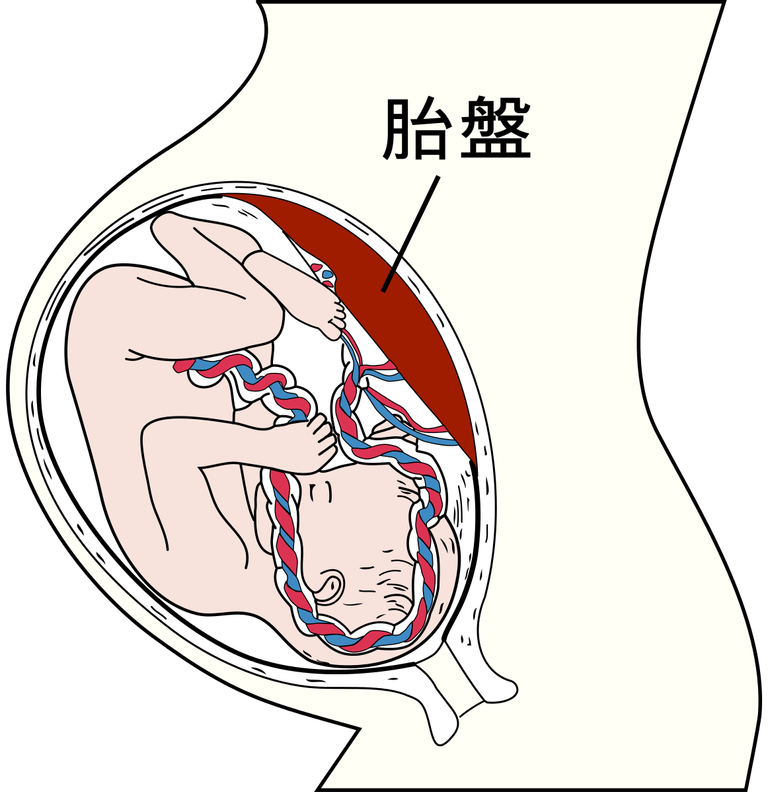
Relationship
StemQ Notice: This post was originally submitted on StemQ.io, a Q&A application for STEM subjects powered by the Steem blockchain.

Relationship
StemQ Notice: This post was originally submitted on StemQ.io, a Q&A application for STEM subjects powered by the Steem blockchain.
The concept of a parasitic fetus is derived from the fact that the fetus is entirely dependent on the mother for its nutrient supply. However a parasitic relationship is a very give-take sort of relationship. Where the parasite only takes from the host, and provides nothing back in return.
For the human fetus, there exists the placenta, which is an organ which allows for the exchange of materials both from the mother to the fetus, but also from the fetus to the mother. In fact the fetus has a profound effect on the mothers biology, including inducing a variety of changes to the mothers immune response which change as fetal development goes on.
In the end, one should likely classify the relationship between a mother and fetus as a symbiotic one, albeit skewed in favor of the fetus in terms of nutrient requirements. Its not all just give by the mother and take by the fetus, there is some return given back.
This question also plays into 'political' thinking and the 'pro-choice' vs 'pro-life' stances, which no-one here should get into as none of that grandstanding has anything to do with science.
This is a very good comment with enough elements of answer that it could be posted as an answer in its own right.
I didn't want the auto votes that would come along with me posting it as an answer. So I posted it as a comment.
parasitism involves a parasite and a host that are two different species, and in which the parasite gains at the expense of the host. While a fetus is gaining physiologically at the expense of the mother, it is a single-species arrangement and the mother is gaining from an evolutionary basis by propogating genetic information into an offspring. So, it is not even an asymmetric relation like parasitism. No, a fetus (of the same species as the parent) is not a parasite.
Hi @cade.johnson,
While short I think your comment has enough information that you could post it as a small answer post.
Let me know if I can provide further guidance.
Cheers,
@irelandscape
Hi @cyprianj,
Please read my comment to your previous question as it is relevant to this one as well.
Cheers!
No!